NEA
Publications and Resources
Our latest publications are available here.
If you are looking for an older publication and are unable to locate it please contact us at website@nea.org.uk
Filter Events By
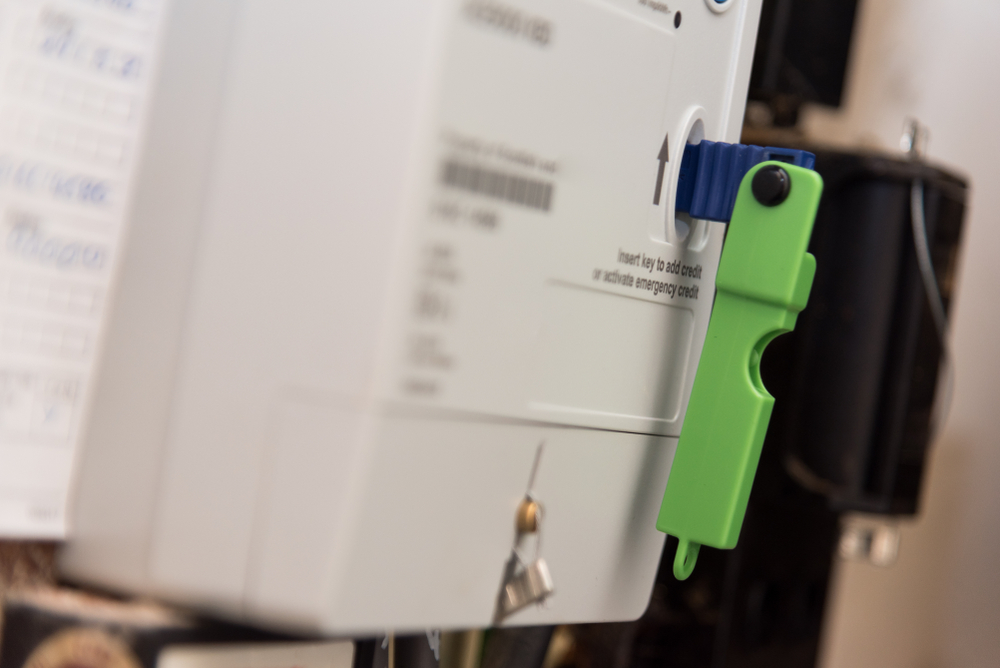
NEA response to Ofgem’s Forward Work Plan 2021-23
16th Feb 2021
NEA’s Response to the Ofgem Consultation on their Forward Work Programme 2021/23 Gas Levy. NEA believes that Ofgem should provide clarity on the actions they will take in the next year of their consumer vulnerability strategy.
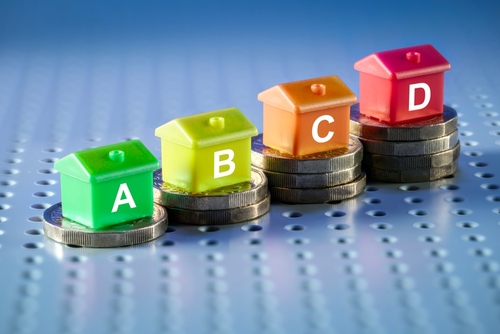
NEA response to BEIS Consultation ‘Improving home energy performance through lenders’
08th Feb 2021
NEA’s Response to the BEIS Consultation on Improving home energy performance through lenders. While NEA agrees with the need to move towards Green Mortgages, there are significant risks to fuel poor households that need to be fully understood. These can…

NEA response to Ofgem VCMA Governance Drafting Consultation
29th Jan 2021
NEA’s response to the Ofgem VCMA Governance Drafting Consultation. NEA is supportive of the vulnerability and carbon monoxide allowance for gas networks. We believe for the allowance to create best value, it should have sufficient focus on supporting vulnerable customers,…
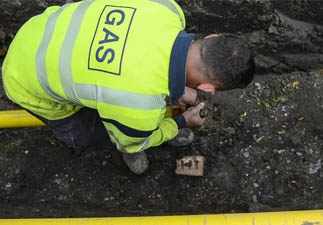
NEA response to Ofgem FPNES Governance Drafting Consultation
29th Jan 2021
NEA’s Response to the Ofgem FPNES Governance Drafting Consultation. NEA fully supports the Fuel Poverty Network Extension Scheme, and is pleased that it will continue until 2026. In order for the scheme to reach its full potential, Ofgem must require…
NEA response to Ofwat consultation: PR24 and beyond – Reflecting customer preferences in future price reviews
28th Jan 2021
NEA’s response to Ofwat’s consultation on the role of customer engagement in the next price review, PR24.
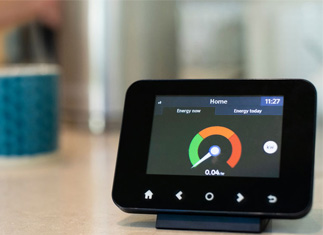
NEA response to Smart meter policy framework post 2020: minimum annual targets and reporting thresholds for energy suppliers
15th Jan 2021
NEA supports the smart meter rollout, and broadly the mechanism for attributing targets to suppliers for the next phase. However NEA believes this could be improved through the addition of targets specifically to upgrade legacy prepayment meters, as well as…
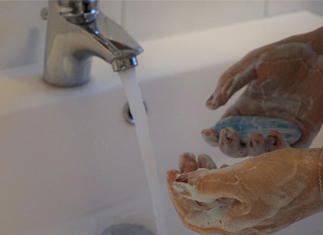
NEA response to CCW’s Water Affordability Review call for evidence
15th Dec 2020
NEA’s Response to the CCW Call for Evidence for the Water Affordability Review. NEA considers all aspects of the current affordability support in water, highlighting areas of best practice, possible improvements and learnings from other sectors to help develop a…

NEA Cymru response to the Welsh Government Tackling Fuel Poverty 2020–2035 Plan
15th Dec 2020
Despite positive attempts to end fuel poverty in Wales, the statutory targets that were in place to eradicate the scourge of cold homes were missed and fuel poverty continues to be a devastating problem. Here, we respond to the Welsh…

Response to Ofgem consultation ‘Extending protections for domestic customers who may have prepayment meters installed under warrant
08th Dec 2020
Overall, NEA is pleased that Ofgem is seeking to extend protections for domestic customers who may have prepayment meters installed under warrant (Electricity and Gas Supply Standard Licence Condition 28B). We fully support this approach and it will be necessary…
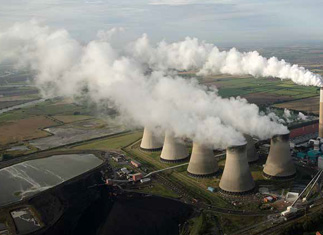
NEA response to BEIS call for evidence: Future Support for Low Carbon Heat
17th Nov 2020
NEA has four main recommendations for BEIS in their work to replace the RHI with a new mechanism after it ends in 2022.
NEA response to BEIS’s Consultation on the Warm Home Discount Scheme 2021/22
11th Nov 2020
NEA agrees with the proposals to extend the scheme, as is, for a further year. This process must be expedited. We broadly agree with many of the proposed changes to Industry Initiatives, but warn that increases to fuel voucher provision…
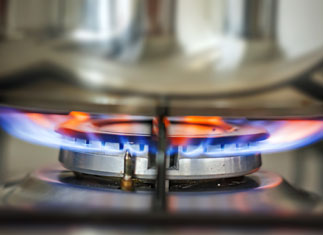
NEA response to BEIS “Consultation on a Green Gas Levy”
02nd Nov 2020
NEA’s Response to the BEIS Consultation on a Green Gas Levy. NEA disagrees with the introduction of a new levy on gas bills to pay for green gas projects, and believes that this should be paid for out of general…

